EU coordinator to visit Tehran to close gaps on JCPOA revival
European Union deputy foreign policy chief Enrique Mora, who also acts as the coordinator for the Vienna talks, says he will travel to Iran as the pause continues in the negotiations aimed at reviving the 2015 Iran deal.
In a post on his Twitter account on Friday, Mora said he will hold talks with Iran’s lead negotiator Ali Bagheri-Kani in Tehran on Saturday as part of the efforts towards “closing the remaining gaps” in the talks in the Austrian capital.
“Travelling to Tehran tomorrow to meet @Bagheri_Kani. Working on closing the remaining gaps in the #ViennaTalks on the #JCPOA. We must conclude this negotiation. Much is at stake,” he wrote.
Travelling to Tehran tomorrow to meet @Bagheri_Kani. Working on closing the remaining gaps in the #ViennaTalks on the #JCPOA. We must conclude this negotiation. Much is at stake.
— Enrique Mora (@enriquemora_) March 25, 2022
The European Union's top diplomat Josep Borrell said the negotiating sides were very close to agreement on reviving the nuclear deal.
Borrell made the comments when addressing the Doha Forum international conference on Saturday.
Earlier this month, the Vienna talks, meant to resurrect the Joint Comprehensive Plan of Action (JCPOA), were paused for an undetermined period of time despite reports suggesting that they were in the “final stages.”
The United States, which is blamed for the current stalemate, is reluctant to take confidence-building measures due to its erroneous bias, procrastination in decision-making and excessive demands.
Iranian officials have repeatedly said the US needs to remove all illegal sanctions against the Islamic Republic in a verifiable manner and offer guarantees that a new US administration will not breach the JCPOA again before it can rejoin the deal.
Former US president Donald Trump unilaterally left the JCPOA in May 2018 and re-imposed the anti-Iran sanctions that the deal had lifted. He also placed additional sanctions on Iran under other pretexts not related to the nuclear case as part of his “maximum pressure” campaign.
In May 2019, following a year of strategic patience, Iran decided to let go of some of the restrictions on its nuclear energy program, resorting to its legal rights under the JCPOA, which grants a party the right to suspend its contractual commitments in case of non-compliance by the other side.
The administration of US President Joe Biden says it is willing to compensate for Trump’s mistake and rejoin the deal, but it has retained the sanctions as leverage.
Speaking on Friday, US National Security Adviser Jake Sullivan threatened that Washington will increase pressure on Tehran if the Vienna talks fail.
He said substantial progress has been made in resolving a number of issues necessary for the US to come back to the JCPOA “on a compliance-for-compliance basis.”
“There still are issues left. There still is work to be done,” he added. “We are still seeking a diplomatic outcome here that puts Iran’s nuclear program back in a box. Of course, if diplomacy doesn’t succeed, then we will work very closely with our international partners to increase the pressure on Iran.”
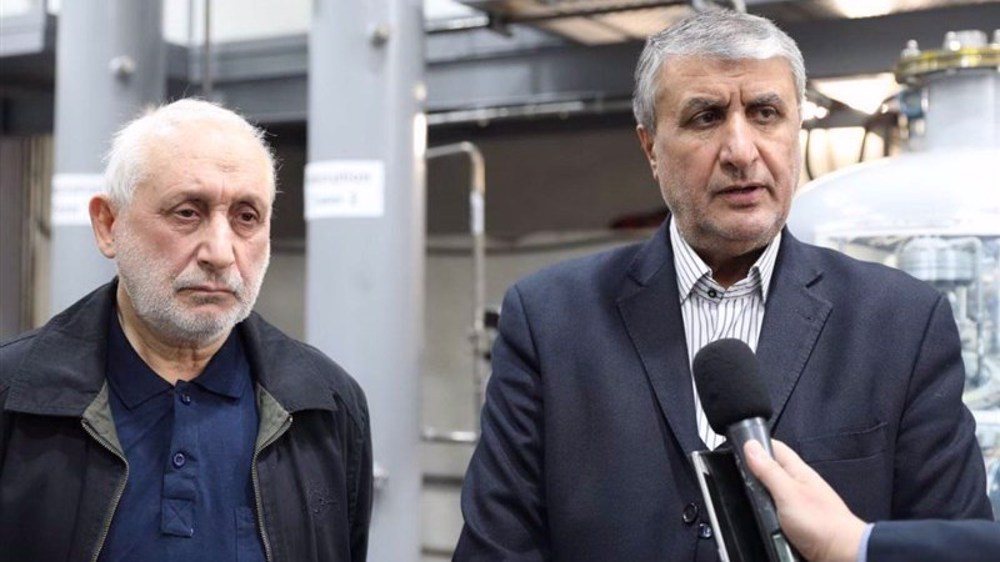
Iran launches project to extract, purify helium from natural gas
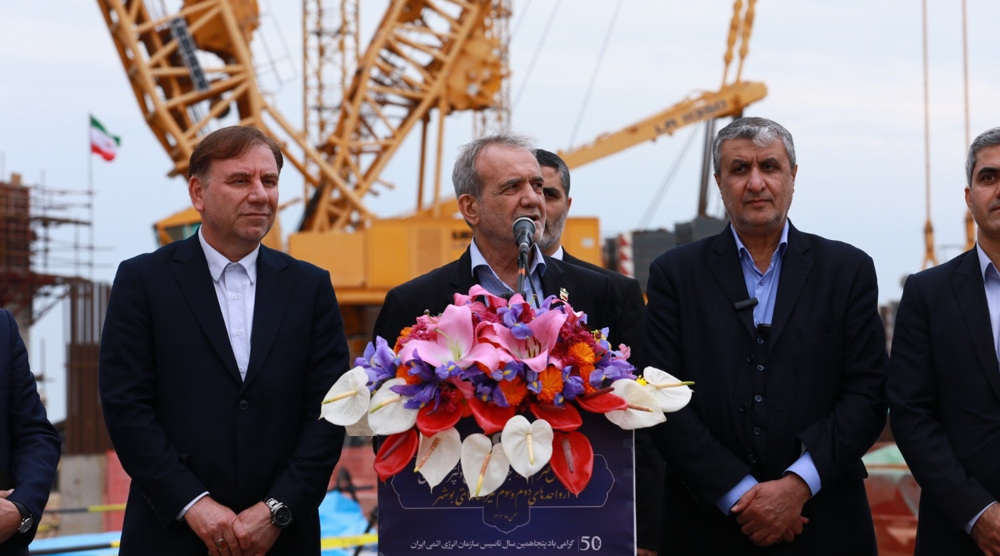
Pezeshkian: If our nuclear centers are hit, we will build thousand others
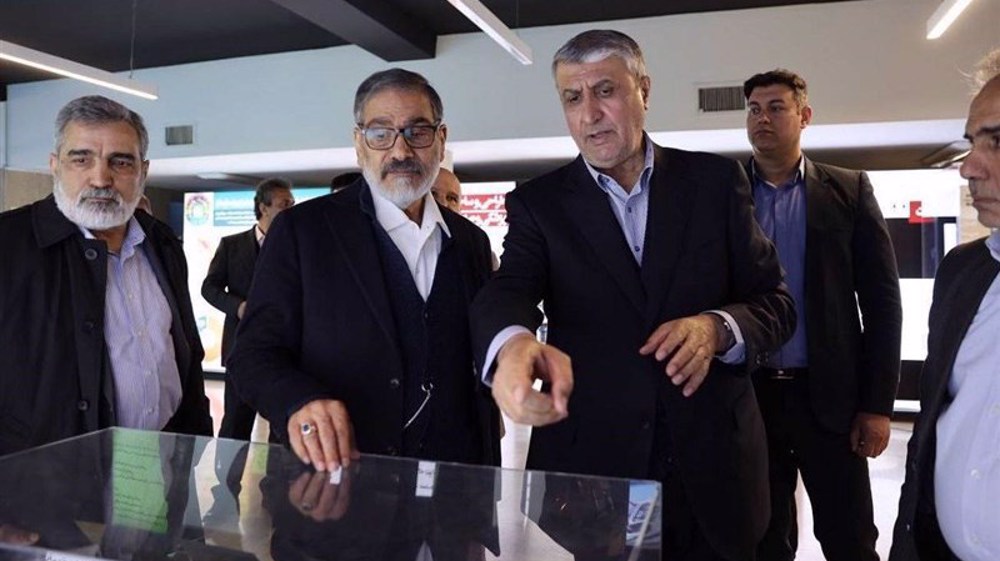
Iran will defend its peaceful nuclear program 'with all its might’: Leader’s aide
US special envoy in Kiev amid war of words between Trump, Zelensky
Hamas says ready to free all Israeli captives at once in phase two of truce
Israel kills one, injures two in southern Lebanon: Media
‘Colonial powers’ have no right to determine fate of Palestine: Qalibaf
Explainer: Why are MK-84 2,000-lb bombs approved by Trump for Israel so deadly?
President Pezeshkian: Iran, Qatar opening new avenues for cooperation
VIDEO | Displaced return home despite destruction
IRGC unveils new homegrown smart missiles, drones drill


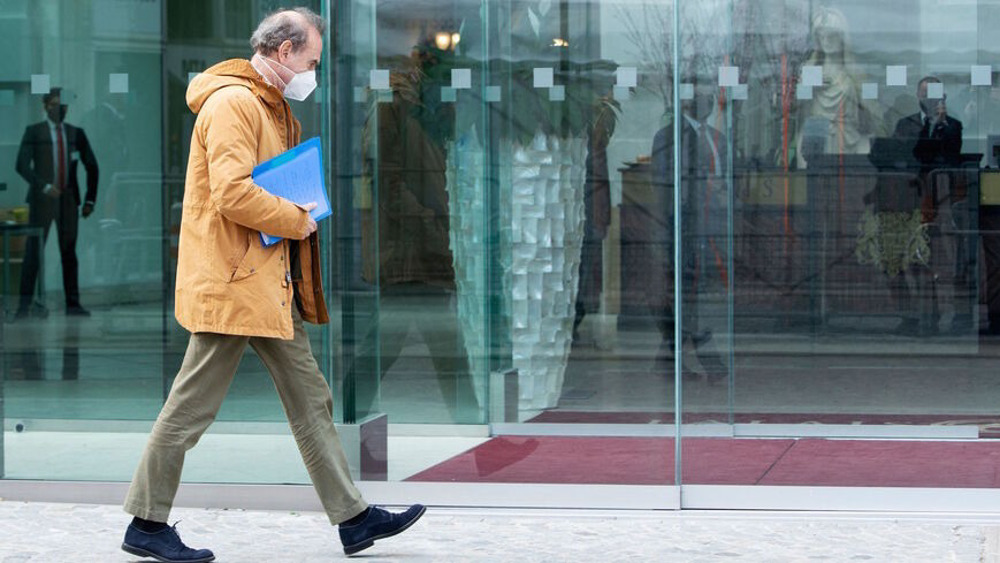



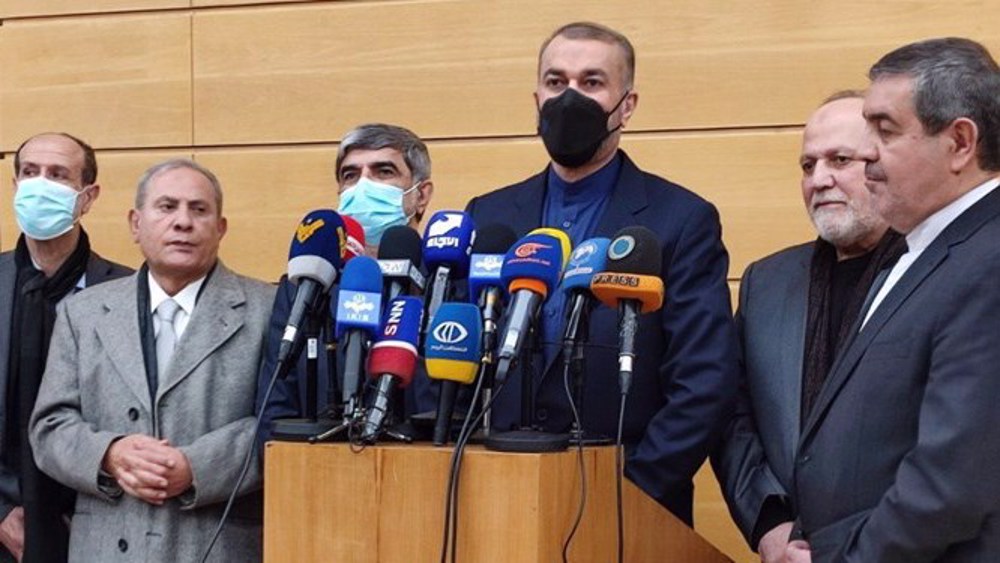
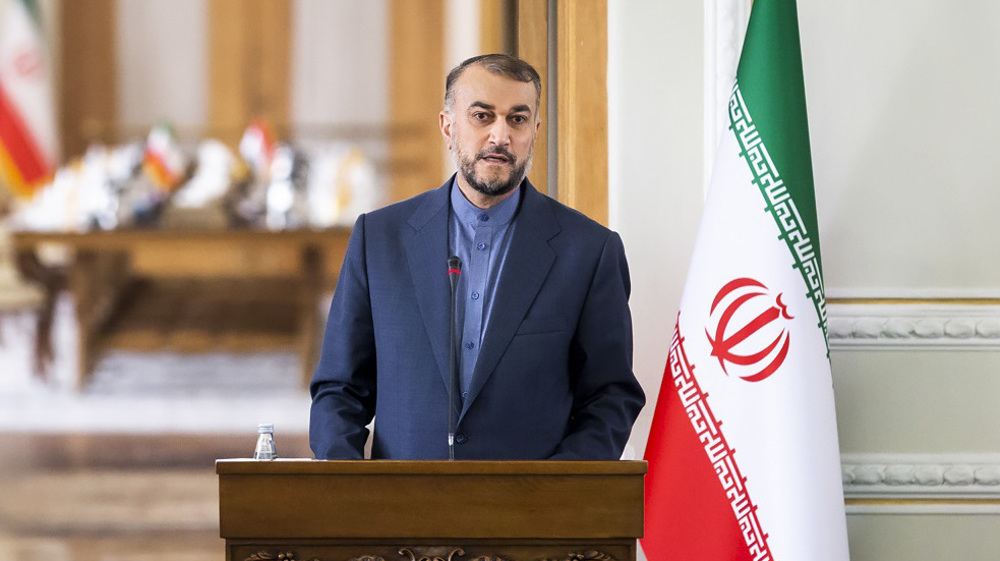
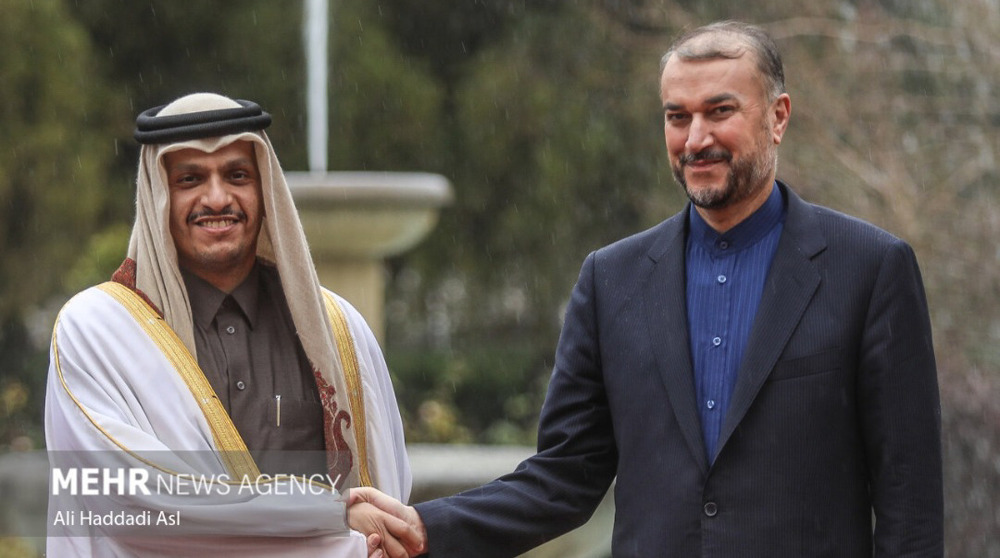

 This makes it easy to access the Press TV website
This makes it easy to access the Press TV website